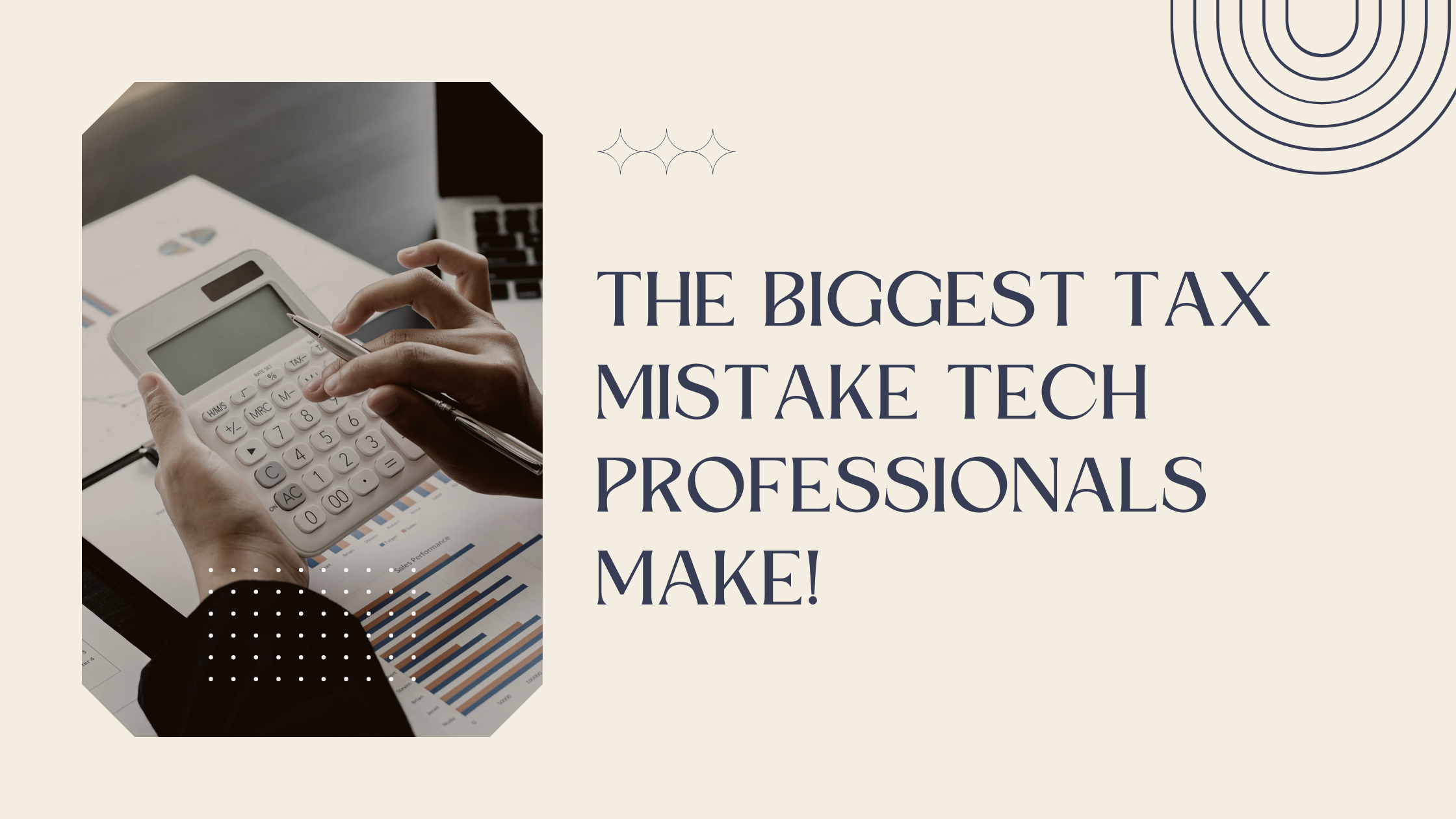How Do I Protect My Assets And Save Taxes With Estate Planning?
True Root Financial is a financial advisor and financial planner based in San Francisco, CA. We serve clients across the globe.
You’ve worked hard to build your wealth through stock options, RSUs, and real estate but what happens if something unexpected happens to you? Without a solid estate plan, your assets could be tied up in probate for months, eaten away by taxes, or even end up in the wrong hands. Worse, some of your assets could simply vanish because no one knows they exist.
If you are a tech professional interested in learning how we can help you claim your financial independence by investing wisely, minimizing taxes, and maximizing your equity compensation, please book a no-obligation call here.
The good news? A few key strategies can safeguard your assets, minimize taxes, and make life easier for your loved ones. Without the right estate plan, your assets could face unnecessary taxes, probate delays, or even end up in the wrong hands. Watch this video to learn the foundations of estate planning and how to safeguard your financial future!
1. Trusts and Wills: The Foundation of a Strong Estate Plan
The Role of a Will
A will is a fundamental estate planning tool that specifies how your assets should be distributed after your passing. If you don’t have a will, the state of California will decide who inherits your assets, which may not align with your wishes.
However, a will has limitations. It does not avoid probate, the lengthy and costly court process of settling an estate. For tech professionals with valuable assets, probate can delay asset transfers and create unnecessary financial burdens for heirs.
Why a Revocable Living Trust?
A revocable living trust allows you to bypass probate, ensuring a seamless transition of your assets. Here’s why a trust is particularly beneficial for tech professionals:
- Unlike wills, which become public records, trusts keep your financial affairs private.
- A trust ensures that your heirs receive assets without the delays and expenses of probate.
- You can set conditions for asset distribution, preventing reckless spending by beneficiaries having control over your wealth
- Trusts can provide structured asset management, especially if your wealth includes unvested stock options.
A well-structured trust, combined with a will, ensures your wealth is protected and distributed according to your intentions.
2. Financial and Health Powers of Attorney: Planning for the Unexpected
Who Will Manage Your Wealth?
Life is unpredictable. If you become incapacitated due to an accident or illness, who will manage your finances? Without legal authorization, even your spouse or closest family members may not be able to access your accounts or make financial decisions on your behalf.
A financial power of attorney (POA) allows you to appoint a trusted individual to manage your financial affairs, including:
- Paying bills and managing investments
- Handling real estate transactions
- Making decisions regarding RSUs, stock options, and retirement accounts
Health Care Power of Attorney: Ensuring Your Medical Wishes Are Honored
A health care power of attorney (or advance directive) ensures that someone you trust can make medical decisions for you if you are unable to do so. This document is crucial for ensuring your healthcare preferences are respected, from treatment options to end-of-life care.
For tech professionals who travel frequently or live away from family, having these legal documents in place prevents unnecessary legal hurdles and ensures your well-being is prioritized.
3. Succession Planning: What Happens to Your Startup Equity and Investments?
If you hold startup equity, venture capital investments, or pre-IPO shares, a clear succession plan ensures these assets are transferred effectively.
Without proper planning, your beneficiaries might face:
- Delays in accessing shares due to probate
- Unforeseen tax liabilities
- Lack of clarity on how to manage or sell the assets
By incorporating trusts and beneficiary designations into your estate plan, you can ensure your startup shares are protected and passed on tax-efficiently.
Managing RSUs and Stock Options for Your Heirs
Restricted Stock Units (RSUs) and stock options have specific tax implications upon transfer. You can use a trust to:
- Control the timing of stock distributions to beneficiaries
- Avoid unnecessary capital gains taxes
- Ensure heirs understand the vesting and taxation process
Estate planning for equity compensation is complex but crucial in preserving wealth for future generations.
4. Reducing Estate Taxes with Irrevocable Trusts
Estate taxes can take a significant portion of your wealth, especially if your estate exceeds federal exemption limits. While there is no state estate tax in California, federal estate taxes can be as high as 40%.
For high-net-worth individuals, proactive planning with irrevocable trusts can substantially reduce estate taxes.
Types of Irrevocable Trusts for Tax Efficiency
- Grantor Retained Annuity Trusts (GRATs): Ideal for rapidly appreciating assets like pre-IPO shares, GRATs allow you to transfer assets at a lower tax cost.
- Irrevocable Life Insurance Trusts (ILITs): Keeps life insurance proceeds out of your taxable estate, ensuring beneficiaries receive the full benefit.
- Charitable Remainder Trusts (CRTs): Allows you to donate appreciated stock while receiving income and tax benefits.
By transferring assets into these trusts, you remove them from your taxable estate, allowing more wealth to pass to your heirs instead of the IRS.
5. Preparing for the Inevitable: Estate Planning and Death
Death is an uncomfortable topic, but planning for it is one of the greatest gifts you can give to your loved ones. Without a well-prepared estate plan, your heirs may face legal hurdles, tax burdens, and unnecessary stress. Estate planning ensures that:
- Your final wishes are honored
- Your family is financially secure
- The transition of wealth is smooth and efficient
Taking the time to plan now prevents confusion and conflict later, providing clarity and comfort for those you leave behind.
Why You Should Act Now?
- Life is unpredictable: having a plan in place ensures you’re prepared for any situation.
- Tax laws change: strategic planning today can save significant taxes in the future.
- Your family deserves clarity: an estate plan removes uncertainty and legal burdens from your loved ones.
Your Next Steps:
Estate planning isn’t just paperwork but it’s your legacy, protected. Ensure your hard-earned wealth is safeguarded, smoothly transferred, and optimized for taxes. Whether it’s a simple trust or advanced strategies, the right plan makes all the difference. Secure your future now, book a call with your fee-only financial advisor today!










Leave a Reply
Want to join the discussion?Feel free to contribute!